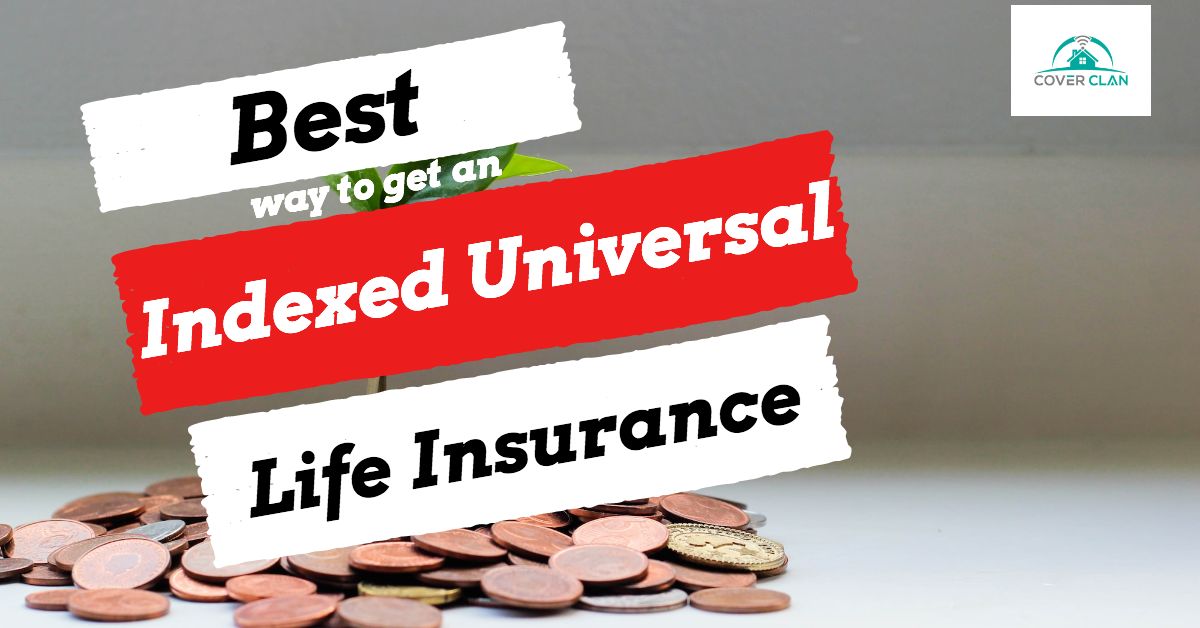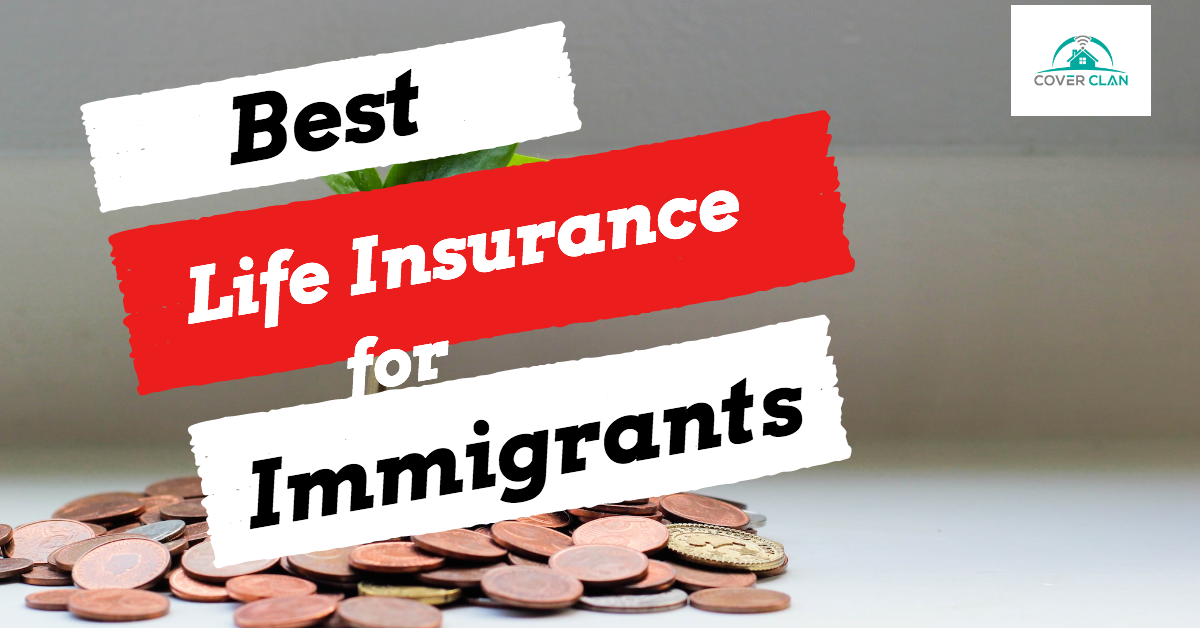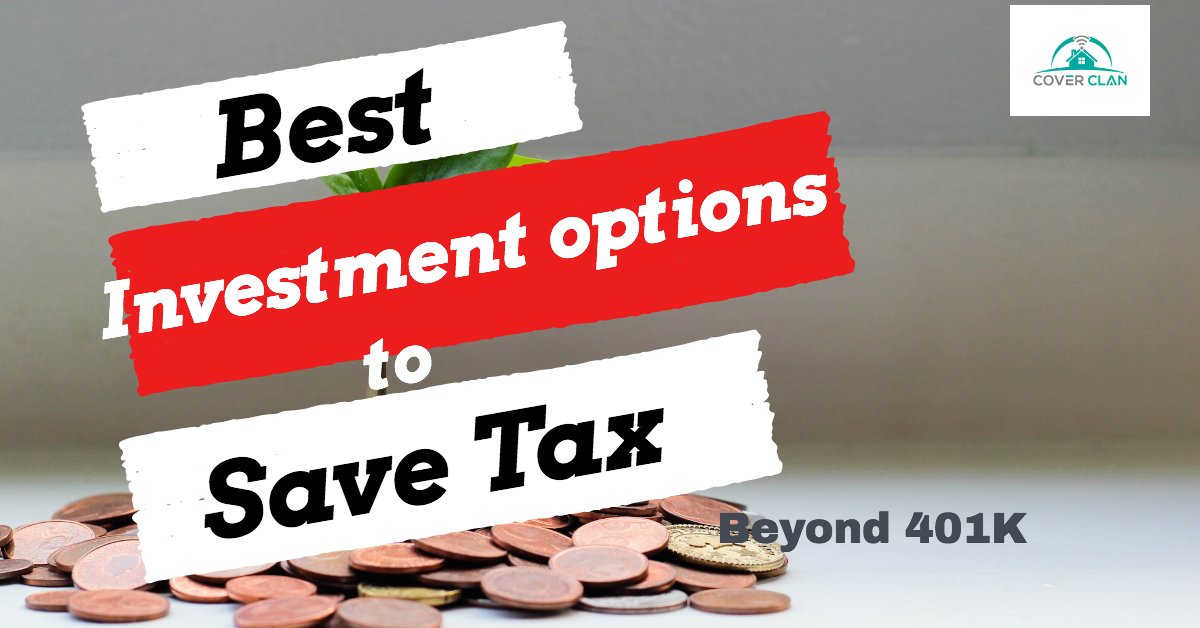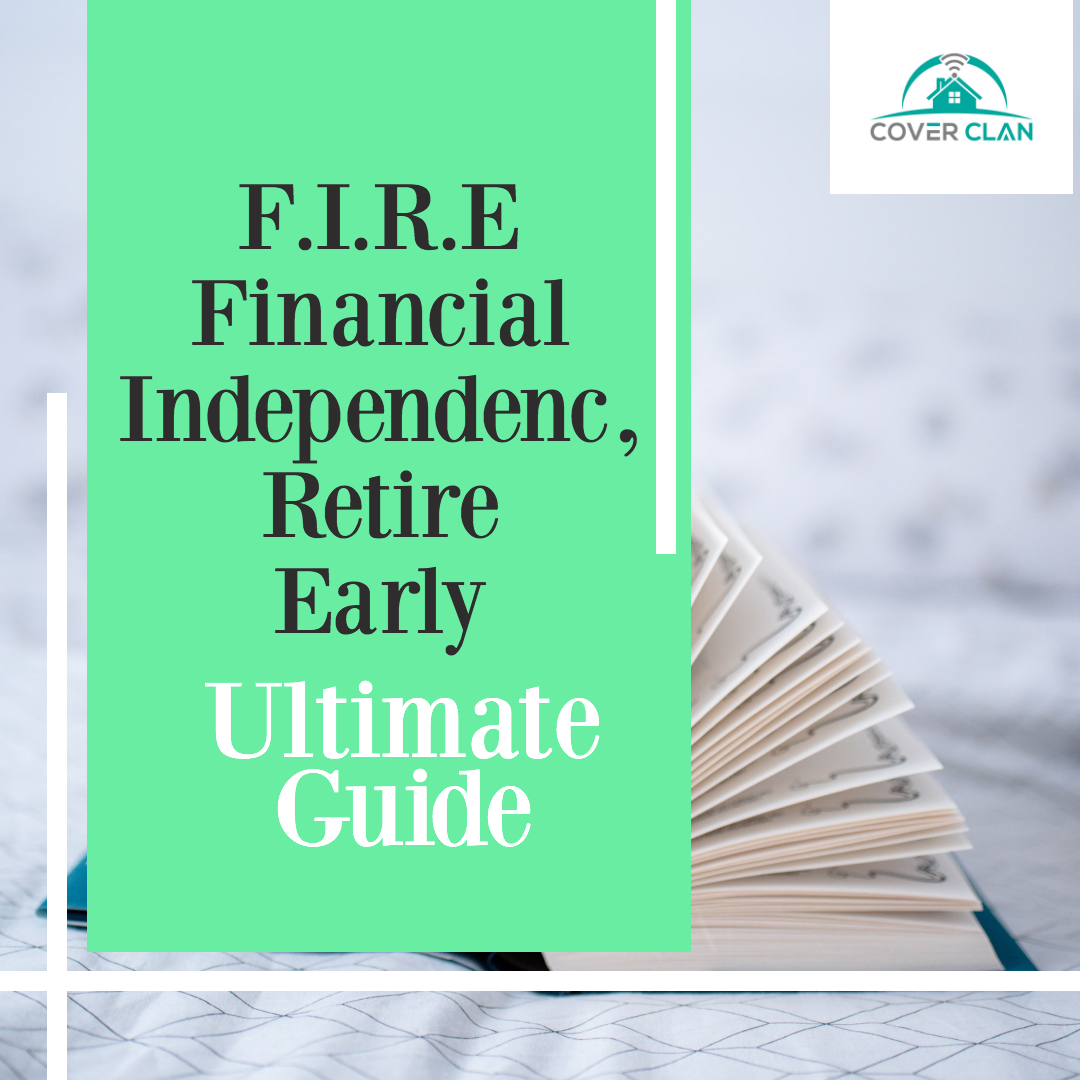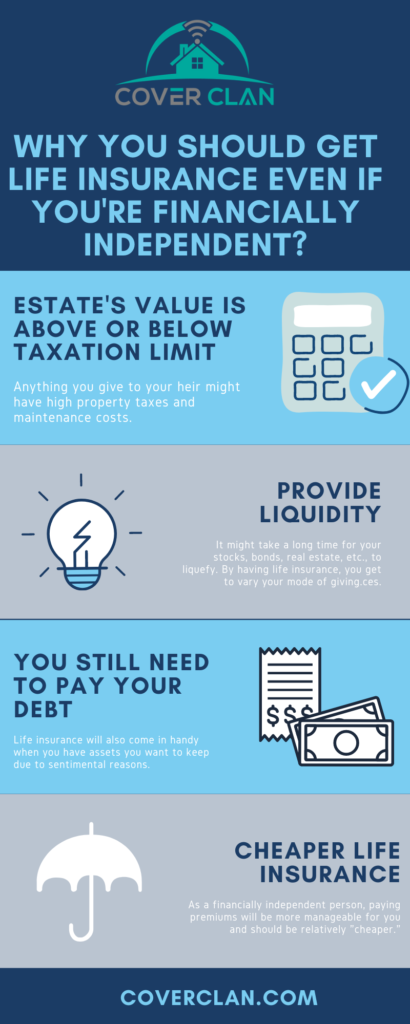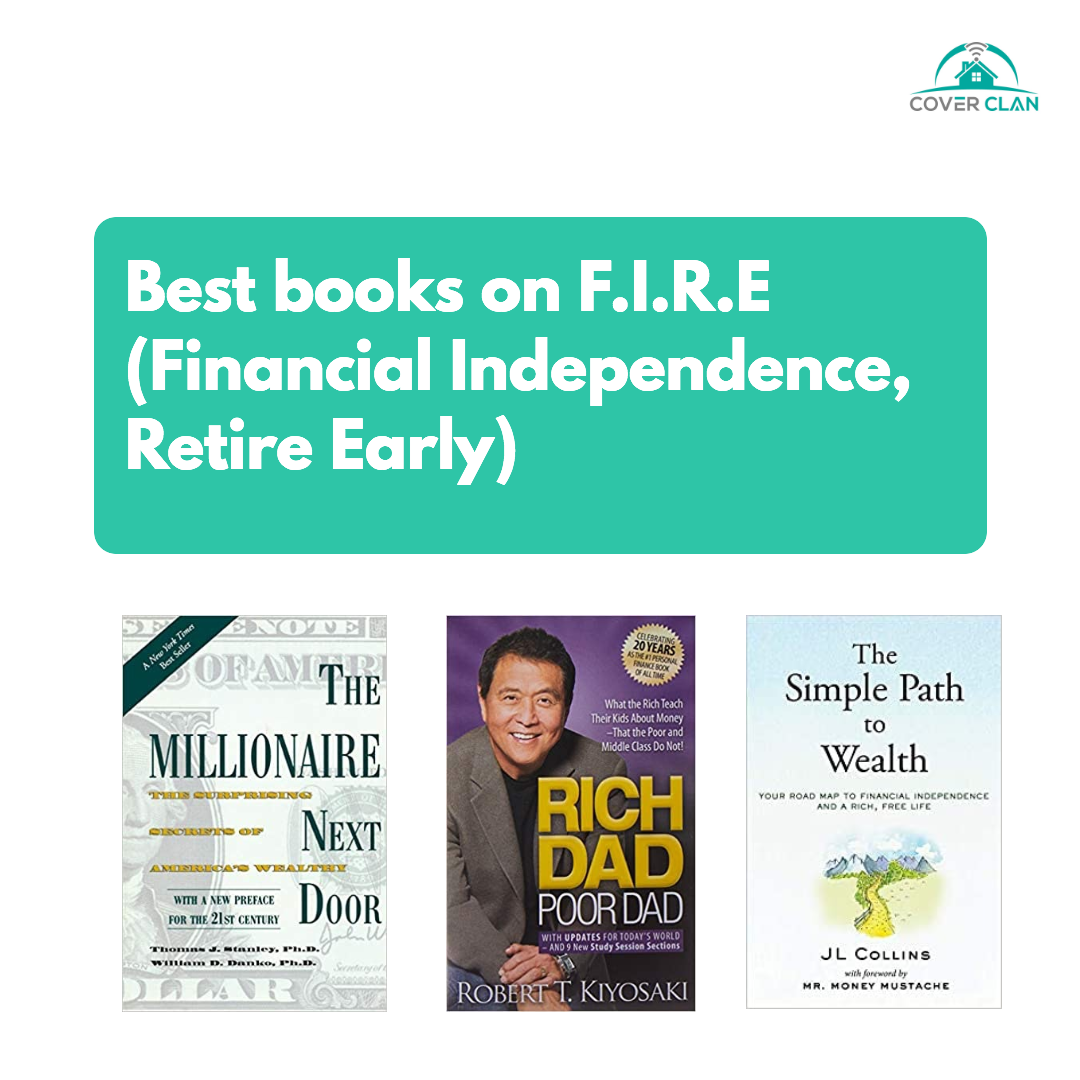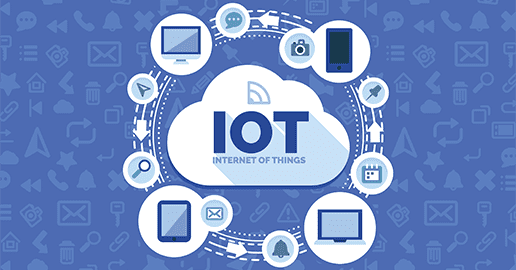What is IUL or indexed universal life?
IUL, or indexed universal life insurance, is a type of permanent life insurance that offers the potential for cash value growth linked to the performance of an index, such as the S&P 500. The main benefit of IUL is the potential for cash value growth that can outpace the performance of traditional fixed interest-earning life insurance policies. This growth is tax-deferred, which means that policyholders do not have to pay taxes on any earnings until they withdraw the funds. Additionally, IUL policies often have death benefit guarantees and flexible premium payment options, making them a potentially attractive option for people looking for a permanent life insurance policy with the potential for cash value growth.
Why IUL or indexed universal life insurance is a good investment option? The pros and cons of IUL before investing in it
- No Downside: Yes, IUL has a floor and your investment will never go below that floor. So if floor is 0% for you then in case of a market crash your money will remain the same. It will not go down by say 30% if the market crashes by that amount. One thing to note is that there is a capped ceiling as well. So if your ceiling is 10% then you will get gains upto 10% . So if market goes up by 10% then you get 10% gain but if it goes up by 12% then you still get 10% gain. But capped ceiling is a good tradeoff for no downside protection.
- Tax protection and Tax-deferred growth of cash value : If planned properly you can take out all cash value tax free. This is huge savings if you compare with other investment option like brokerage /401k etc. If you sell $1Million of any other asset then at 30% tax rate you will be paying $300k taxes.
These are 2 major benefits but let’s not to forget other benefits like
- It provides death benefits
- It allows you to transfer assets to beneficiaries tax-free, both income, and estate taxes.
- You can take money any time starting 1st year
- Accelerate death benefit in case of critical illness/ Terminal illness
- Potential for high returns based on market performance
- Flexibility to adjust premiums and death benefits
- Ability to access cash value through loans or withdrawals
- Lifetime coverage that can act as a financial safety net for loved ones
What are the disadvantages of indexed universal life insurance?
- Caps and floors on returns that limit earning potential
There is a cap and floor for return on your investments. So if floor is 0% and cap is 10% then it means that your upside is limited but you have downside protection as well. If market goes doen by 30% then you still have your money safe due to 0% floor. Similarly if market goes up by 12% then your gain will be limited to 10% due to upside cap.
- High fees that can eat into investment returns
IUL is an insurance product hence there is a component of your investment which covers cost of insurance.
- Complex and difficult to understand for many people
IUL or indexed universal life is a complex financial product hence it is difficult for many people to understand. It is advisable that you work with experienced life insurance agent to make sure you are getting best coverage at right price.
- Not as well-known as other types of life insurance
Many people have heard about term life insurance product which is more poplular compared to IUL . Hence awareness about benefits of this product is limited in general public.
You don’t need to put all your investments in IUL and can keep investing the way you like. But you should plan maybe 5-10% of investments in IUL so that you can ride out any hardship or take advantage of opportunities in life.
Case Study for IUL or Indexed Universal Life insurance
At age 25yr if someone starts investing $500 per month in IUL(assuming 5.97% annual growth) then at 65 they will have $1.6 million in death benefit and $1.3 Million in cash value which they can take out , if planned properly tax-free.
At 45 – they would have around $288K or close to $300k in cash value with $620k in death benefit
I have more than 15yr experience in insurance industry and have worked with large insurance companies who design these products. Happy to answer any queries
Why is IUL (Indexed Universal Life insurance) not popular? Why are financial gurus against IUL?
Feasibility of any insurance product depends on the situation of the insured so let’s discuss some of them and when IUL will be good.
Also, lets analyze things analytically and not go by only what financial guru’s say. Some of them also suggest not getting credit cards which may be the right suggestion for a certain category of folks but others are able to use credit card points to travel around the world in first class.
Let’s discuss 2 different profiles at extreme ends
1)Based on research around 50% of US population is not having even $500 for emergency. For these folks it makes sense to get term life insurance to protect against unfortunate events and use rest to get out of debt. This is the target audience for Dave and others.
2) Folks who are wealthy and $20k limit for 401k investment is not enough. They want to save taxes on more amount and protect downside. For them other than IUL there is no product available in market which can solve for this situation. Wealthy use IUL like unlimited Roth where they can put as much money they want and can take out anytime tax free and also get downside protection.
Others who are between these 2 extreme cases can decide based on their appetite.
Common Questions and Concerns about Indexed Universal Life Insurance
Why is IUL not as popular as other types of life insurance?
There are a few reasons why Indexed Universal Life (IUL) insurance is not as popular as other types of life insurance, such as term life insurance or whole life insurance:
Complexity: IUL insurance policies are complex and can be difficult for some people to understand. Unlike term life insurance, which provides straightforward coverage for a specific period of time, and whole life insurance, which provides lifetime coverage with predictable premiums and cash value growth, IUL policies have a more intricate structure with different types of indices and cap rates that can be hard to grasp.
Lack of awareness: IUL insurance is a relatively new type of insurance compared to other types, and many people are not familiar with it. As a result, there may be a lack of awareness and understanding about the benefits and drawbacks of IUL policies.
Despite these factors, IUL insurance may be a good option for those who are looking for more flexibility and potential for higher returns than traditional whole life insurance policies.
Is IUL a good investment for retirement planning?
Indexed Universal Life (IUL) insurance can be a good investment for retirement planning for some individuals, but it’s important to understand the benefits and drawbacks before making a decision.
One of the primary advantages of IUL insurance is its potential for higher returns compared to other types of permanent life insurance policies, such as traditional whole life insurance. IUL policies are linked to the performance of a stock market index, and the policyholder can earn a portion of the gains without being exposed to the full risk of the market.
Additionally, IUL policies provide a tax-advantaged way to save for retirement. The cash value growth in an IUL policy is tax-deferred, meaning that you won’t have to pay taxes on the gains until you withdraw the money. This can be a valuable benefit for those who are looking to maximize their retirement savings.
However, IUL policies can also be more expensive than other types of insurance, such as term life insurance.
Before investing in an IUL policy for retirement planning, it’s important to consult with a financial advisor or insurance professional to determine whether it’s the right fit for your financial goals and risk tolerance. It’s also important to have a comprehensive retirement plan that includes a mix of investments, such as stocks, bonds, and mutual funds, in addition to any insurance products.
What is Income Advantage IUL?
Income Advantage IUL is a type of Indexed Universal Life (IUL) insurance policy that is designed to provide both death benefit protection and the potential for cash accumulation. Income Advantage IUL is offered by several insurance companies, and the specific features and benefits may vary depending on the provider.
One of the key features of Income Advantage IUL is its focus on providing a steady stream of income in retirement. The policyholder can choose to receive a portion of the cash value as a tax-free loan or withdrawal, which can be used to supplement retirement income. The amount of income that can be withdrawn depends on the cash value of the policy and any policy loans that have been taken out.
Another feature of Income Advantage IUL is its flexibility. Policyholders can adjust their premium payments and death benefit amounts as their financial situation changes. Additionally, some providers offer optional riders that can enhance the policy’s benefits, such as a long-term care rider or a disability income rider.
Like other IUL policies, Income Advantage IUL is linked to the performance of a stock market index, such as the S&P 500. The policyholder earns interest based on the performance of the index, subject to caps and floors that limit earning potential.
How often is the interest credited in IUL?
The frequency at which interest is credited in an Indexed Universal Life (IUL) policy varies by insurance company and policy. However, in most cases, interest is credited to the policy on an annual basis.
The interest credited to an IUL policy is typically based on the performance of a stock market index, such as the S&P 500, subject to caps and floors that limit earning potential. The interest credited is also tax-deferred, meaning that policyholders won’t have to pay taxes on the gains until they withdraw the money.
Some IUL policies may offer the option to credit interest more frequently, such as on a monthly or quarterly basis. However, more frequent interest crediting may result in lower overall returns due to additional fees and administrative costs associated with more frequent crediting.
Is the income from IUL tax-free?
The income from an Indexed Universal Life (IUL) insurance policy can be tax-free, but it depends on how the policy is structured and how the policyholder accesses the funds.
The cash value growth in an IUL policy is tax-deferred, meaning that policyholders won’t have to pay taxes on the gains until they withdraw the money. Policyholders can access the cash value through tax-free withdrawals or policy loans, which do not generate taxable income. However, any policy loans that are not repaid before the policyholder’s death will reduce the death benefit payable to beneficiaries.
In summary, the income from an IUL policy can be tax-free if the policyholder accesses the cash value through tax-free withdrawals or policy loans, and the policy is not considered a MEC.
What is the average return on an IUL policy?
The average return on an Indexed Universal Life (IUL) insurance policy can vary widely depending on factors such as the policy’s crediting method, the index used for calculating interest, and the caps and floors set by the insurance company. However, IUL policies typically offer a potential for higher returns compared to other types of permanent life insurance, such as whole life or universal life insurance.
It’s important to note that IUL policies are designed to provide long-term growth potential and should be viewed as a supplement to a well-diversified investment portfolio, rather than a substitute for it. The performance of an IUL policy will also depend on the overall performance of the stock market, which can be volatile and unpredictable.
Policyholders can typically choose from several different crediting methods for their IUL policy, including point-to-point, annual reset, and monthly averaging. Point-to-point methods credit interest based on the change in the index from one point in time to another, while annual reset methods credit interest based on the change in the index over a one-year period. Monthly averaging methods credit interest based on the average of the index values over a one-month period.
Is IUL an expensive investment?
Indexed Universal Life (IUL) insurance policies can be more expensive than other types of life insurance, such as term life insurance. However, the cost of an IUL policy can vary widely depending on factors such as the policyholder’s age, health, and coverage amount, as well as the insurance company and policy features.
IUL policies typically have higher premiums than term life insurance policies because they provide permanent coverage and offer a cash value component. The premiums paid into an IUL policy are used to cover the cost of insurance, administrative fees, and other charges associated with the policy. The cost of insurance can increase over time as the policyholder ages and the risk of death increases.
Can I sell my IUL policy if I no longer need it?
Yes, it is possible to sell your IUL (Indexed Universal Life) policy if you no longer need it. This is known as a life settlement or viatical settlement, and it involves selling your life insurance policy to a third party in exchange for a lump sum of cash.
However, the process of selling a life insurance policy can be complex and may require the assistance of a financial professional or life settlement broker. Additionally, the amount you can receive for selling your policy will depend on various factors, such as your age, health, and the policy’s current cash value.
Before selling your IUL policy, you should consider all of your options and consult with a financial professional to determine whether it is the best decision for your individual circumstances.
Is IUL a form of permanent life insurance?
Yes, IUL or indexed universal life is a type of permanent insurance where insurance will be active as long as policy is either fully funded or premium/ cash value can cover the cost of insurance.
When can I withdraw money from my IUL policy?
Your IUL policy will have a cash value component and you should be able to withdraw it anytime preferably using policy loan option which is most tax efficient. If you have critical illness or other kind of riders then you may be able to withdraw more amount sometime upto death value.
What is the difference between Universal Life and Indexed Universal Life insurance?
Universal life insurance (UL) and indexed universal life insurance (IUL) are both types of permanent life insurance policies that provide a death benefit to beneficiaries upon the death of the insured.
The main difference between UL and IUL is how the policy’s cash value grows over time. With UL, the cash value is tied to a fixed interest rate determined by the insurance company, and the policyholder pays a set premium each month or year.
On the other hand, IUL policies allow the cash value to grow based on the performance of a stock market index, such as the S&P 500. The policyholder’s premiums are split between paying for insurance coverage and funding an indexed account, which is linked to the performance of the chosen index. If the index performs well, the cash value grows at a higher rate, but if the index performs poorly, the cash value may not grow at all or even decrease.
IUL policies may offer greater potential for cash value growth than UL policies, but they also come with more risk because the cash value is tied to the performance of the stock market. Additionally, IUL policies tend to have higher fees and expenses than UL policies.
Ultimately, the choice between UL and IUL will depend on an individual’s financial goals, risk tolerance, and overall financial situation. It’s important to carefully consider all options and consult with a financial professional before making a decision.
Is IUL protected from lawsuits?
Indexed Universal Life (IUL) insurance policies may offer some protection from lawsuits, but the level of protection may vary depending on the state where the policyholder lives and the specific circumstances of the lawsuit.
In some states, life insurance policies, including IUL policies, may be protected from creditors in the event of a lawsuit. This means that the cash value of the policy and the death benefit may be shielded from creditors, and the policyholder may be able to keep the policy in force.
However, the protection offered by life insurance policies in lawsuits can vary greatly depending on the specific state laws and the nature of the lawsuit. It’s important to consult with a qualified attorney in your state who can provide guidance on how your IUL policy may be impacted by a lawsuit.
It’s also important to note that life insurance policies should not be relied on as a sole source of protection against lawsuits. Other asset protection strategies, such as creating a trust or forming a limited liability company, may be more appropriate depending on the individual’s financial situation and risk profile.
How to get Indexed Universal Life insurance quotes?
Each insurance company has different underwriting requirements and different rate for same coverage. Best wat to get an Indexed universal life insurance policy quote is by leveraging Coverclan.com. They will shop with 50+ companies/products and get you best possible rate and coverage.
Best Indexed Universal Life insurance companies
There are multiple companies which provide indexed universal life insurance policy but best one depends on your circumstances. Each has its own underwriting criteria and requirements for issuing IUL policy. Company A maybe best for your friend with certain characteristics but it may be worst for you in terms of coverage and rate. The best way to get an Indexed universal life insurance policy quote is by leveraging Coverclan.com. They will shop with 50+ companies/products and get you the best possible rate and coverage.
Best Indexed Universal Life (IUL) insurance option for immigrants/ visa holders or non-US citizens
Not every life insurance company offers insurance to immigrants/ visa holders or non-US citizens. Some who offer have different requirements in terms of risk profile they underwrite for IUL policy. Best way to insure is by working with an experienced team of life insurance agents who have experience in this area and knows which are the right insurance companies. Coverclan.com has been helping immigrants/ visa holders or non-US citizens in getting life insurance and can shop with 50+ companies/products to get the best rate and coverage.
Conclusion
It is important to consult with a licensed insurance professional before purchasing IUL or Indexed Universal Life insurance policy.
If you are looking for Life Insurance term or permanent then try CoverClan.com they will shop with upto 50-100 companies/products and get you the best rate and coverage

